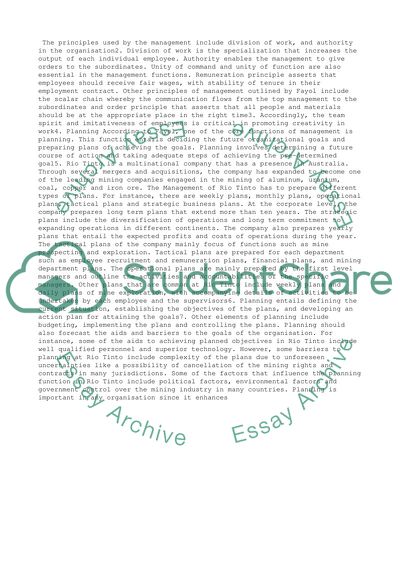Cite this document
(“Discuss Fayol's four functions in relation to an Australian Essay”, n.d.)
Discuss Fayol's four functions in relation to an Australian Essay. Retrieved from https://studentshare.org/management/1466572-discuss-fayolyies-four-functions-in-relation-to-an
Discuss Fayol's four functions in relation to an Australian Essay. Retrieved from https://studentshare.org/management/1466572-discuss-fayolyies-four-functions-in-relation-to-an
(Discuss Fayol'S Four Functions in Relation to an Australian Essay)
Discuss Fayol'S Four Functions in Relation to an Australian Essay. https://studentshare.org/management/1466572-discuss-fayolyies-four-functions-in-relation-to-an.
Discuss Fayol'S Four Functions in Relation to an Australian Essay. https://studentshare.org/management/1466572-discuss-fayolyies-four-functions-in-relation-to-an.
“Discuss Fayol'S Four Functions in Relation to an Australian Essay”, n.d. https://studentshare.org/management/1466572-discuss-fayolyies-four-functions-in-relation-to-an.


